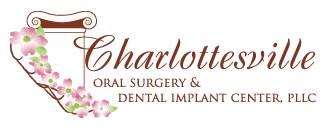The jaw is a highly complex joint, and any number of factors can contribute to its misalignment. A malocclusion negatively affects the appearance and function of the jaw, and corrective jaw surgery, also known as orthognathic surgery, can address these deficits.
Orthognathic surgery is often more involved, time-consuming, and complex than other oral surgery procedures, so it’s important to be prepared for all aspects of the treatment process and give yourself sufficient time to heal.
If jaw surgery has been recommended in your case, we encourage you to schedule an evaluation at our office. We will thoroughly assess your case and advise you of your treatment options.

